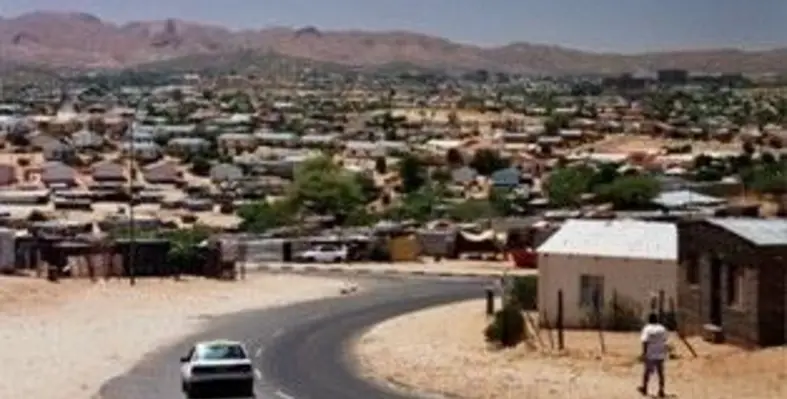Namibia recently hosted 4,000 delegates for two weeks for the COP11 forum on desertification
Represented by its Embassy team in Windhoek, Finland hosted a parallel event on 'women in dry lands'. Finnish specialists and diplomatic staff have a long track record of working with environmental specialists on managing and combatting issues associated with desertification - but Finland's special relationship with Namibia encompasses many more concerns, social and economic, following a longer history of engagement than Finland has enjoyed with any other African country. Furthermore, whilst the capital of Namibia hosts about 30 embassies, Finland works with many of them on achieving progress with respect to environmental development in the country.
The Namibian economic path
Mining is key to the Namibian economy - and, particularly, with respect to diamonds and copper. There is, also, minimal oil extraction. It may be true that mining accounts only for 10 per cent of the country's economic activity - with agriculture nearly at two-thirds of all business - but the potential economic benefits of that may follow from industrial, agrarian or other commercial practices have yet to reach the broad working population. Unemployment is high (conservatively estimated at 27 per cent), education is low (with only 18 schools in Windhoek, for example), and with the majority of the population suffering sexual disease (with about 70 per cent of the population being HIV positive). However, Finnish missionaries have, over decades, left a significant and tangible impact on the nation's communities - particularly in the north. Today, Finland's Embassy and Consular services cover multiple aspects of Namibian life and external engagement with the country, particularly in relation both to the development of trade with other nations and the improvement of the quality of life through support for societal services.
One economic instrument of note, provided to Namibia, geared towards addressing the extremes of inequality of wealth in the country, is the bilateral programme for poverty alleviation through economic growth at the core of the Namibian Development Plan 4 (NDP4) currently executed at state-level. Since 2012, under its Development Policy Programme (DPP), the Finnish government has sought to identify the most challenged community groups and to identify the ways in which the difficulties affecting these communities might be addressed. Allied to this are various exchange programmes - including student exchange, private sector collaboration, and non-governmental interventions - and research to support economic sectors such as geology, energy generation and human resources capacity building, very much geared towards higher education. The prime intervention here is collaboration with universities on training of medical students, primarily with the University of Namibia (UNAM), and comprising training to medical students from countries outside Namibia (such as Zambia) as well as indigenous individuals. The first of Namibia's medical doctors are set to graduate in 2014.
Social and environmental concerns meet cultural issues
Amongst corporates, Outotec is committed to improving waste management across the country - and, indeed, Windhoek is notably clean. One project, operating across rural areas primarily, is the Rent The Drum project, which enables communities to clean their environments by providing drums for waste disposal. Another form of commitment with strong Finnish involvement is the Finnish Fund for Local Cooperation, financed at one million euros, which is responsible for a broad range projects at non-gvernmental level - for example, to improve water management, or for child care and education. Projects are geared towards specific needs, each project runs on budgets of €30,000 and up, and there is a strong adherence to respect for cultural norms whilst seeking to address imperatives for progress. The Finns are cognisant of the need for sensitivity not just within the general national legislative framework but also with respect to local customary laws (which can contravene state legislature). For example, traditional marriages within certain communities mean that girls as young as 14 are in school whilst already betrothed or committed to a future husband - not legally, but within their communities. One challenge following this is that a significant proportion of girls are removed from education before their education can be completed.












